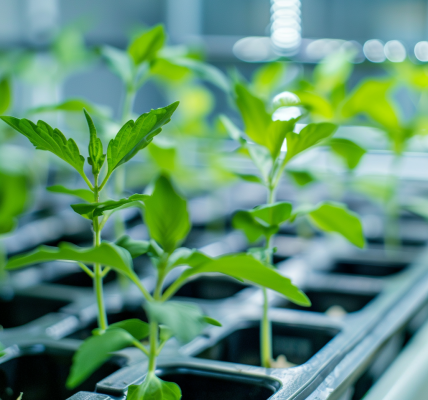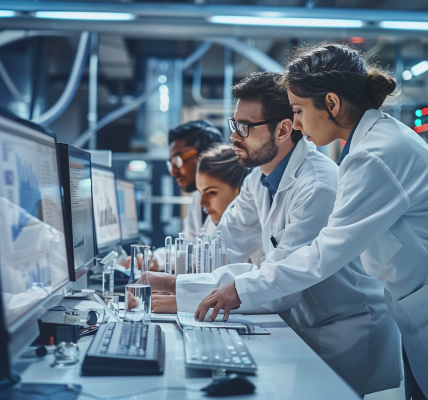Innovative Use of Liquid Metals Could Revolutionize Chemical Processes
Researchers at the University of Sydney are pioneering an innovative approach to reduce industrial emissions by harnessing the unique properties of liquid metals. This groundbreaking research aims to facilitate greener and more sustainable chemical reactions, addressing a significant contributor to global greenhouse gas emissions.
Currently, chemical production is responsible for approximately 10-15% of total greenhouse gas emissions worldwide. This sector also consumes over 10% of the planet’s energy, a figure that is steadily increasing due to the high energy demands of chemical reactions necessary for producing various products.
In a recent publication in the journal Science, the research team has outlined a comprehensive roadmap that illustrates how the chemical processing landscape can be transformed by altering the fundamental nature of the reactions involved. This shift could lead to a significant reduction in energy consumption and emissions associated with chemical manufacturing.
Professor Kourosh Kalantar-Zadeh, head of the School of Chemical Engineering and the lead researcher on this project, emphasized the critical role chemical reactions play in our daily lives. He stated, “People often forget that chemical reactions are at the heart of all we have and use; almost all modern products are created using some sort of chemical reaction. From high-grade plastics for medical implements to ammonia for agriculture, the current processes require significant amounts of energy, leading to increasing greenhouse gas emissions.”
The research highlights various chemical reactions that could benefit from this new approach, including those involved in the production of green hydrogen, the synthesis of specialized chemicals like polymers for household products, and the breakdown of problematic materials such as microplastics and per- and polyfluoroalkyl substances (PFAS).
Liquid metals, such as gallium, are at the forefront of this research. The concept of using liquid metals in chemical reactions is relatively novel; most traditional chemical processes rely on solid catalysts that have been in use for decades. Professor Kalantar-Zadeh noted, “Tapping into the ‘atomic intelligence’ of metals in liquid form to drive reactions remains largely unexplored but holds enormous potential for transforming the future of chemical industries.”
In previous experiments, the research team tested a method utilizing liquid metals that could potentially replace energy-intensive chemical engineering processes that depend on solid catalysts. This advancement could lead to a more efficient and environmentally friendly approach to chemical production.
The implications of this research extend beyond just reducing emissions; they also encompass the potential for more efficient resource utilization and the development of new materials with tailored properties. As the global community continues to seek solutions to combat climate change, innovations like these could play a pivotal role in steering industries towards a more sustainable future.
As researchers delve deeper into the capabilities of liquid metals, the hope is that this cutting-edge technology will not only enhance the efficiency of chemical reactions but also pave the way for new methodologies that could revolutionize the entire field of chemical engineering.
In summary, the exploration of liquid metals in chemical processes represents a promising frontier in the quest for greener industrial practices. By rethinking traditional approaches and embracing innovative technologies, researchers are setting the stage for a more sustainable and environmentally conscious future in chemical production.





